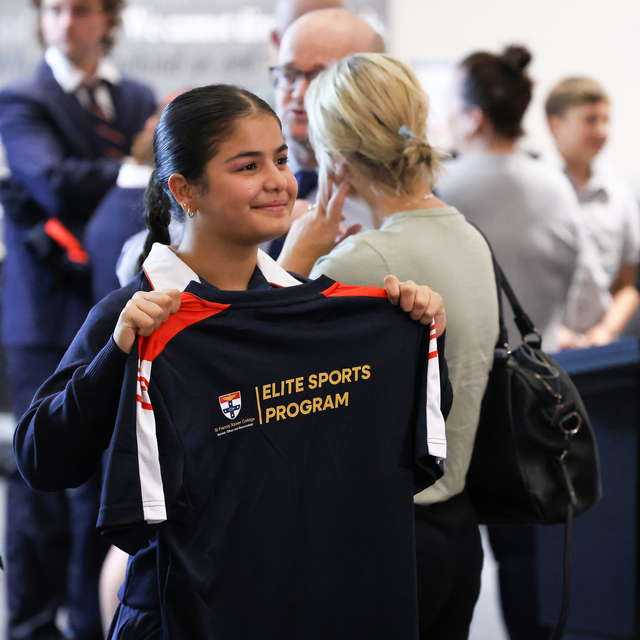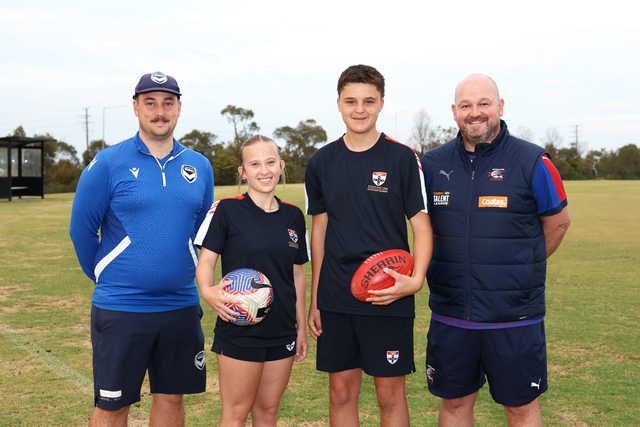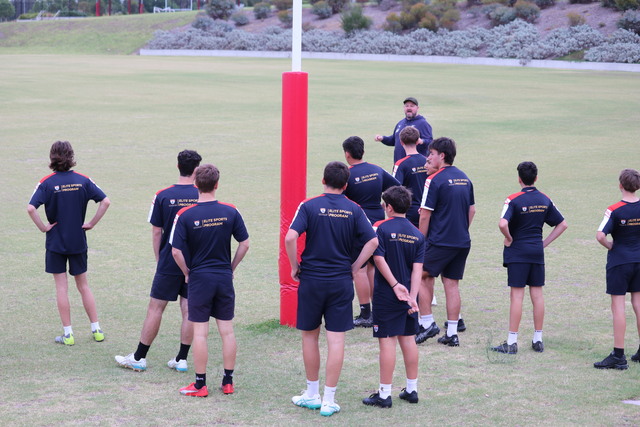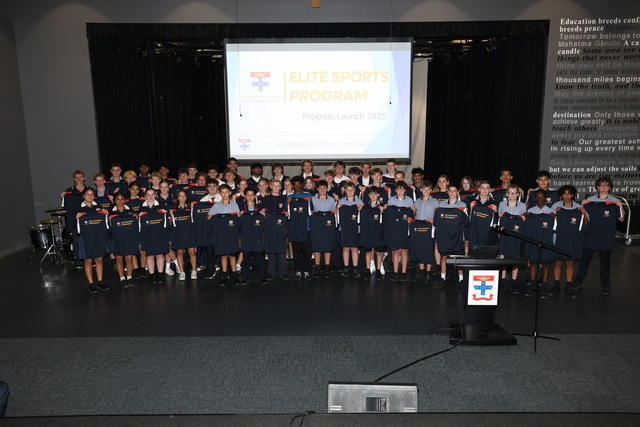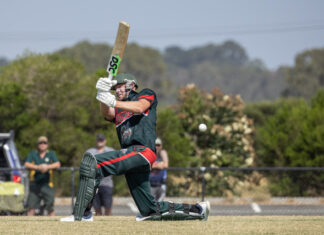In an era where youth sport often swings between hyper-specialisation and under-resourcing, St Francis Xavier College is charting a smarter path. Launched in 2025, the SFXC Elite Sports Program (ESP) is a bold, well-structured commitment to developing student-athletes as whole people. Combining elite coaching with academic balance, evidence-based support, and meaningful pathways into higher levels of competition.
This isn’t just another after-school training squad. The ESP is open to fully enrolled students in Years 7–12 and has secured heavyweight partnerships that signal serious intent. AFL students will work alongside Gippsland Power; soccer players will train under the guidance of Melbourne Victory; basketball will join the roster with Melbourne United; and netball will debut with a partner to be announced in 2026. These professional connections matter, they professionalise the learning environment, raise standards, and expose young athletes to the discipline and detail required at the next level.
What sets ESP apart is its holistic design. Emerging athletes aren’t only sharpening ball skills, they’re learning how to build durable bodies and sound habits. Elite coaches will lead sport-specific training, while a qualified nutritionist provides ongoing guidance on diet and fuelling. An exercise physiologist will refine movement patterns to improve performance and reduce injury risk. Strength and conditioning sessions in the school gym add the practical load that turns potential into performance. This is the scaffolding too often missing in school sport: the science, the mentorship, and the long-term view.
Crucially, the program respects the classroom. For 2026 Year 7 to 10 students, ESP is woven into the regular timetable, no rushed lunches, no trade-offs that undermine learning. Senior students (Years 11–12) will take part in a series of after-school masterclasses delivered by the qualified team, preserving their study time while still offering high-value development. This structure acknowledges what the research keeps telling us: student-athletes thrive when their sport complements, rather than competes with, their education.
The broader significance of ESP stretches beyond SFXC’s fields and courts. Australia’s sporting future depends on systems that nurture both aspiration and wellbeing. By grounding talent development in professional expertise and educational integrity, the College is modelling a template other schools would do well to study. The partnerships grant credibility; the integrated timetable shows respect for academics; the support staff, nutritionist, exercise physiologist, and strength coaches embed best practice. It’s the difference between chasing the scoreboard and building sustainable success.
Some will worry about elitism in a program bearing “elite” in its name. That critique is worth hearing and answering. If ESP becomes a seedbed for discipline, resilience, and teamwork, if it lifts coaching standards across the board, and if its lessons in nutrition and movement filter through the broader student body, then its benefits will extend well beyond the selected squads. The measure of success won’t be just trophies or signings, but healthier habits, fewer injuries, stronger confidence, and students who can transition from sport to study and back again without compromise.
In 2026, as AFL, soccer, netball, and basketball take their places under the ESP banner, SFXC is making a simple but powerful statement: excellence is not a coincidence. It’s a program.

